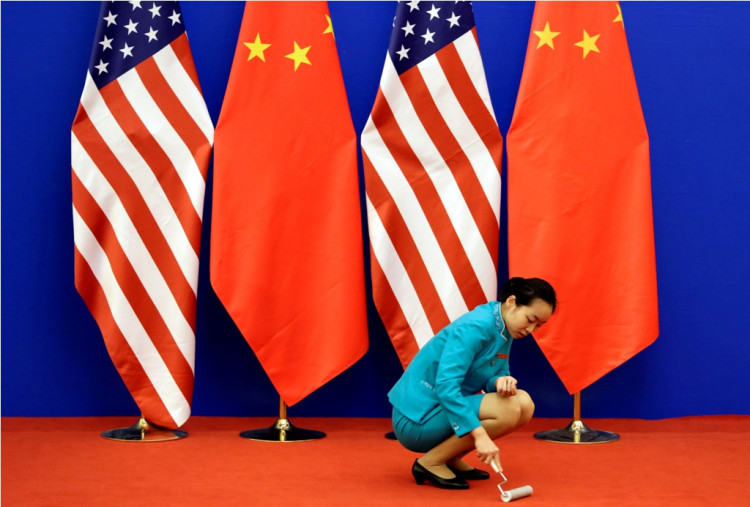Citizens in Southeast Asia remain torn in aligning with either the U.S. or China as tensions remain high over disputes in the region such as Beijing's claims to vast swathes of the South China Sea, though Washington has gained a solid edge, according to a surve.
Among the 10-member states of the Association of Southeast Asian Nations (ASEAN), six-in-10 (61.5% ) of the 1,000 respondents to the "State of Southeast Asia survey" conducted in late 2020 and early 2021 said ASEAN should side with the U.S. if forced to choose sides compared to the 38.5% that chose China.
Most respondents from seven ASEAN nations chose the U.S. over China in the new survey. The 61.5% pro-U.S. segment is a marked increase from 53.6% that chose the U.S. over China in the same survey in 2020. In a 2019 survey, 46.4% chose China over the U.S.
The survey from the ISEAS-Yusof Ishak Institute of Southeast Asia revealed the dichotomy but also showed Southeast Asians leaning more towards the U.S. following the Nov. 3, 2020 U.S. presidential election.
"The region's support for Washington may have increased as a result of the prospects of the new Biden Administration," said the report in explaining the result. Biden has brushed off the Obama administration's "Pivot to Asia" that looked to forge deeper diplomatic, economic and military ties to deter a rising China.
The survey noted China was the only major power to have seen an increase in distrust from ASEAN countries.
On the other hand, 76.3% of respondents picked China as the most influential economic power in Southeast Asia compared to 7.4% for the U.S. The survey also said 49.1% saw China as Asia's most influential political and strategic power.
"China's predominant economic and political influence in the region has created more awe than affection," said the report. "The majority worry that such economic heft, combined with China's military power, could be used to threaten their country's interest and sovereignty."
Analysts said the survey results reveal China's many missteps and geopolitical arrogance are weakening its reputation in Southeast Asia. Among these failures are China's refusal to cooperate with the world during the early stages of the COVID-19 pandemic in 2020, and its claim to own most of the South China Sea.
Founded by the Singaporean government in 1968, the ISEAS-Yusof Ishak Institute is dedicated to the study of socio-political, security and economic trends and developments in Southeast Asia.
Responses to the survey were gathered from Nov. 18, 2020 to Jan. 10 of this year, four days after Biden's Electoral College nod, which was marred by violent supporters of former president Donald Trump.
Survey respondents came from all 10 ASEAN member states. They included government officials, businesspeople, analysts from academia, think tanks and research institutions.
The ASEAN member states are Brunei Darussalam, Cambodia, Indonesia, Laos, Malaysia, Myanmar, the Philippines, Singapore, Thailand and Vietnam.





